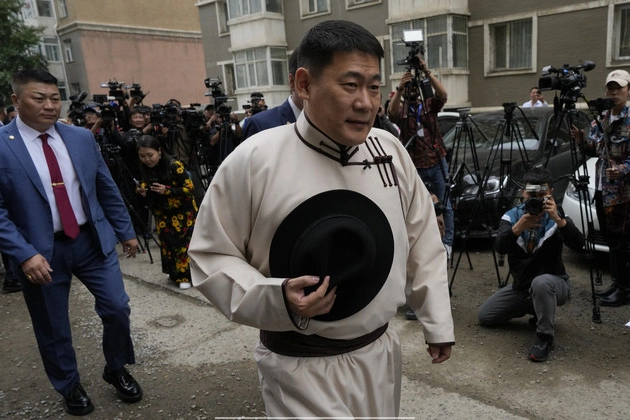
Following weeks of protests and turmoil, Mongolia’s Prime Minister, Oyun-Erdene Luvsannamsrai, resigned early Tuesday after failing to secure enough votes of confidence in parliament. The country’s embassy in Washington confirmed the news.
The Vote and Its Fallout
Prime Minister Oyun-Erdene received only 44 votes, significantly below the required 64, as reported by ikon.mn. The protests, triggered by allegations of extravagant spending by the Prime Minister’s son, intensified, calling for his resignation.
Warning Signs of Instability
Prior to the confidence vote, Oyun-Erdene cautioned about the potential consequences on Mongolia’s democracy. He highlighted the risks of governance instability, economic downturns, and loss of public trust in parliamentary rule.
Reflections and Reforms
While defending his integrity, Oyun-Erdene admitted to neglecting social and internal political matters in favor of major projects. His four-year tenure faced challenges, with previous calls for resignation.
Democratic Transition Challenges
Mongolia, nestled between Russia and China, has been on a democratic journey since the Cold War. Despite progress, challenges persist, with protesters citing unequal distribution of wealth from the country’s mineral resources.
Outlook for Mongolia
Experts like Erin Murphy from the Center for Strategic and International Studies emphasize the need for the new government to address economic woes and democratic foundations. While hurdles remain, democracy is gradually taking root in Mongolia.











